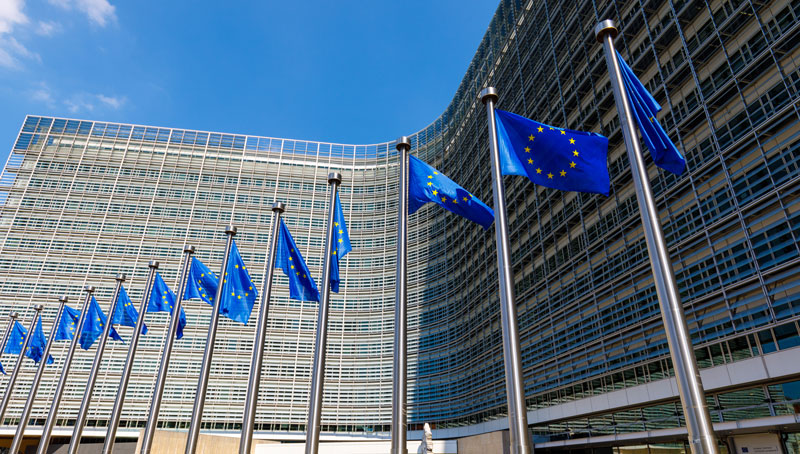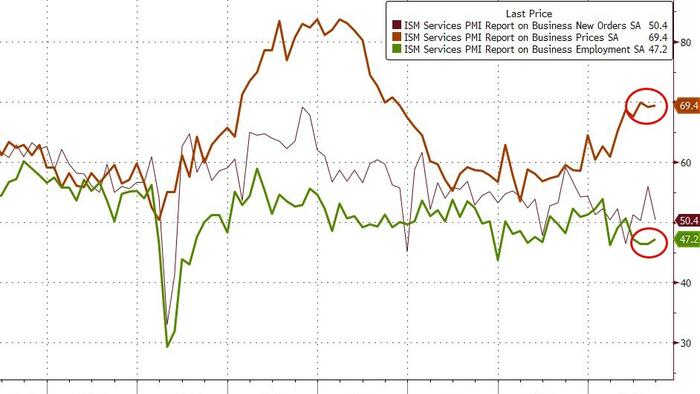By Sarah George
Copyright edie

The EU Omnibus story so far
As 2025 began, the European Commission unveiled its ‘Omnibus 1’ package. It details a set of regulatory changes that would streamline disclosure and compliance requirements for businesses, primarily around environmental sustainability, due diligence, human rights and green finance.
Many of these changes will impact regulations that had already been implemented.
Mario Draghi’s 2024 report on ‘The Future of European Competitiveness’ was used as a key rationale for developing the Omnibus. It emphasised the importance of simplification and argued that complex due diligence frameworks in the EU would deter investors and make life harder for SMEs.
The Commission subsequently pledged to reduce reporting obligations by 25% for large private firms and 35% for SMEs.
Through the Omnibus, the Commission is striving to weaken the scope and delay the implementation timelines for reporting in line with the Corporate Sustainability Reporting Directive (CSRD), Corporate Sustainability Due Diligence Directive (CSDDD) and EU Taxonomy for green finance.
All of these frameworks are key parts of the bloc’s Green Deal Agenda – its plan to achieve climate neutrality by mid-century while delivering equitable economic growth.
Who supports the Omnibus?
Influential trade and lobby bodies including Business Europe, the European Roundtable for Industry and the European Fund and Asset Management Association bullishly supported the Omnibus in its infancy.
New analysis from the EIRIS Foundation has revealed that the organisations now pushing hardest to weaken the CSDDD, which would hold large businesses responsible for environmental and human rights violations in their supply chains, are:
The Federation of German Industries (BDI)
The Confederation of Finnish Industries (EK)
The Confederation of the German Textile and Fashion Industry
The EIRIS Foundation found that, in general, most individual businesses support deregulation to a far lesser extent than their trade bodies.
Nonetheless, some businesses have publicly stated that they will not realise their full investment plans for Europe unless they are promised deregulation – alongside other policy changes like quicker planning processes.
Among them are Vodafone, Airbus, Siemens, Equinor and thyssenkrupp.
Activists have accused Equinor of being the single most disruptive business to the EU’s past efforts to enhance sustainability reporting requirements.
The EIRIS Foundation notably found that the oil, gas, energy and financial sectors have been the most active in lobbying in favour of the Omnibus. While the financial sector has been less involved in recent months, the likes of Equinor are keeping up the pressure.
Who opposes the Omnibus?
The Omnibus process has been criticised from the get-go.
Initial talks to shape the package, hosted in late 2024 and early 2025, were closed-door. Commissioners were accused of only inviting businesses, lobby groups and policymakers who were pro-deregulation. Organisations outside of Europe, but prevalent in supply chains, also cried foul.
The Omnibus has faced opposition not only from human rights and environmental NGOs, and from those profiting from sustainability reporting software, but from some of Europe’s largest corporates.
Firms including H&M Group, Aldi South Group, Nokia and EDF have argued that current proposals go too far, “gutting” key facets of the CSRD and CSDDD. Similar statements have been made by L’Oreal, Nestlé and Unilever.
The Aldi South Group’s managing director for international sustainability, Anke Ehlers, said: “Sustainability rules are not red tape; they are the foundation for long-term competitiveness and for the transition to a sustainable, thriving economy.
“Shared standards create trust, give customers and investors confidence and ensure that businesses compete on a level playing field.”
These businesses are not outliers. In a new YouGov survey of more than 2,500 European business leaders, commissioned by the think tank E3G, 63% agreed that larger businesses should be required to publish transition plans and double materiality assessments.
Almost one-third of companies believe that organisations with 250 or more employees should report in line with CSRD, compared to the 1,000-employee threshold proposed by the European Commission.
Moreover, the same survey found that continual changes to regulation – including retrospective changes – are perceived as detrimental to investment and competitiveness.
Separate research from PwC recently found that 40% of the businesses impacted by the CSRD ‘stop the clock’ delay still plan to report along the original timeline.
Doing so, they stated, will enable them to test and learn. They are also seeing disclosure as a value-add rather than a compliance exercise. Key benefits include enhancing risk management and planning ahead for workforce transformation.
“Leading companies are using sustainability data to their advantage – not just for reporting but to inform strategic and operational business decisions,” said PwC Germany’s global reporting leader, Nadja Picard.
Picard noted that there is still a “great deal of untapped potential” at many companies, given that almost one-third do not see value in reporting.
What happens next?
CSRD wave 2 and CSDDD have already been delayed and had their scopes significantly reduced.
As it stands, the CSRD is set to cover fewer than 7,000 companies, down from 50,000, for example.
Click here for edie’s full explainer of the changes already confirmed regarding the CSRD and CSDDD.
October 2025 is set to be a busy month for voting on future changes to all regulations included in the Omnibus. Hopes are not particularly high for strong ambitions to be maintained after the US-EU trade deal.
Under the first, the scope of the requirements under both directives would be significantly reduced. Climate transition planning, for example, would be removed from the CSRD altogether. The centre-right European People’s Party (EPP), which has the Parliamentary majority in Europe, could enter a coalition with right and far-right factions to pass this option.
Through the second path, the EPP could join with other centrist parties and seek compromise from left-wing commissioners in a push to retain transition plans. Observers have noted that the EPP will likely still advocate for deregulation in regards to other issues. One told Responsible Investor that the EPP is “inflexible”.
Social LobbyMap director Elissandra da Costa said: “Our research shows a worrying disconnect: while many companies are ready to implement strong due diligence, their trade associations are lobbying to weaken standards. The louder, more coordinated voices risk distorting policymaking at a crucial stage.
“ With the European Parliament preparing to vote on the Omnibus package, it is vital that policymakers recognise this imbalance and listen to the full diversity of business perspectives.”



